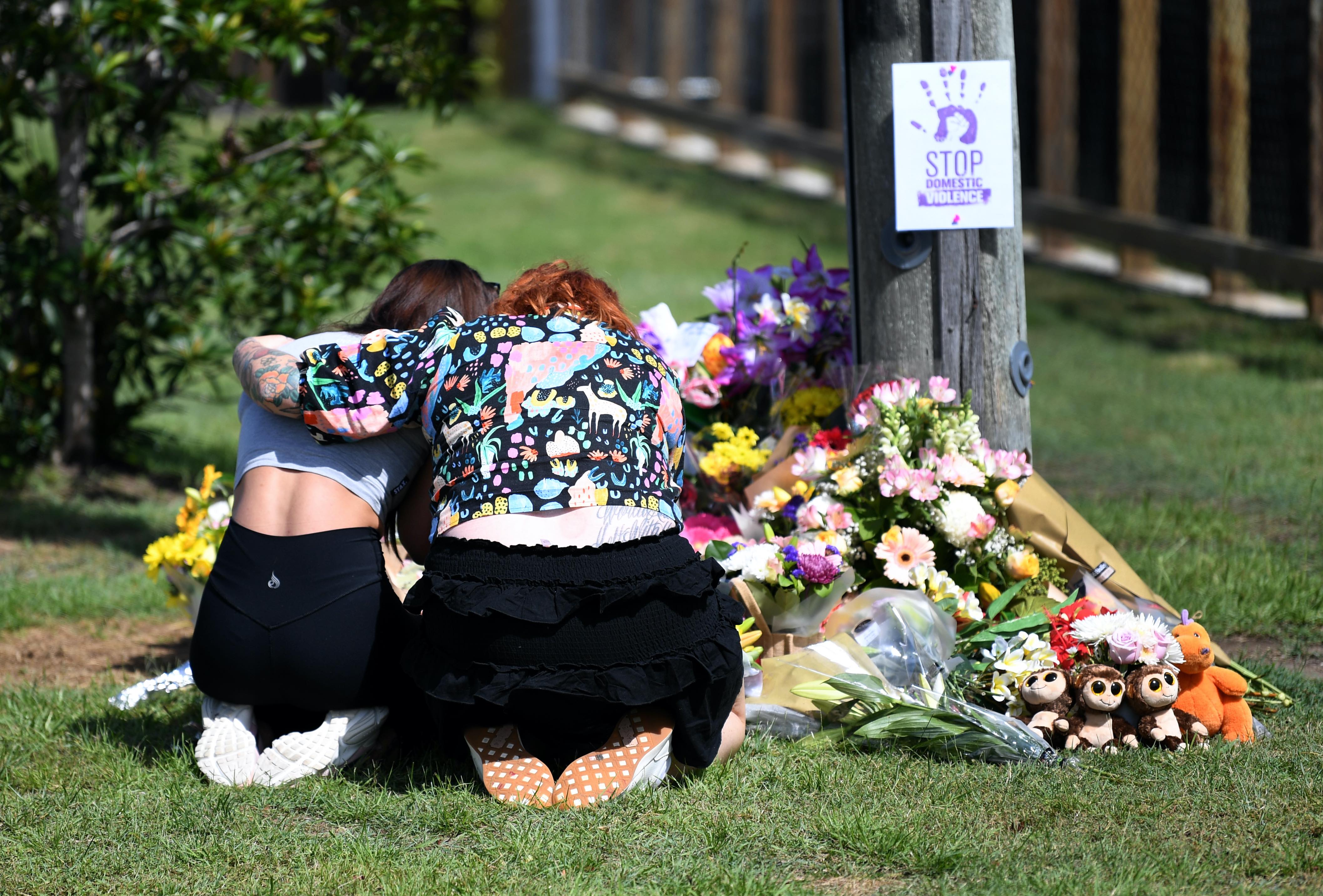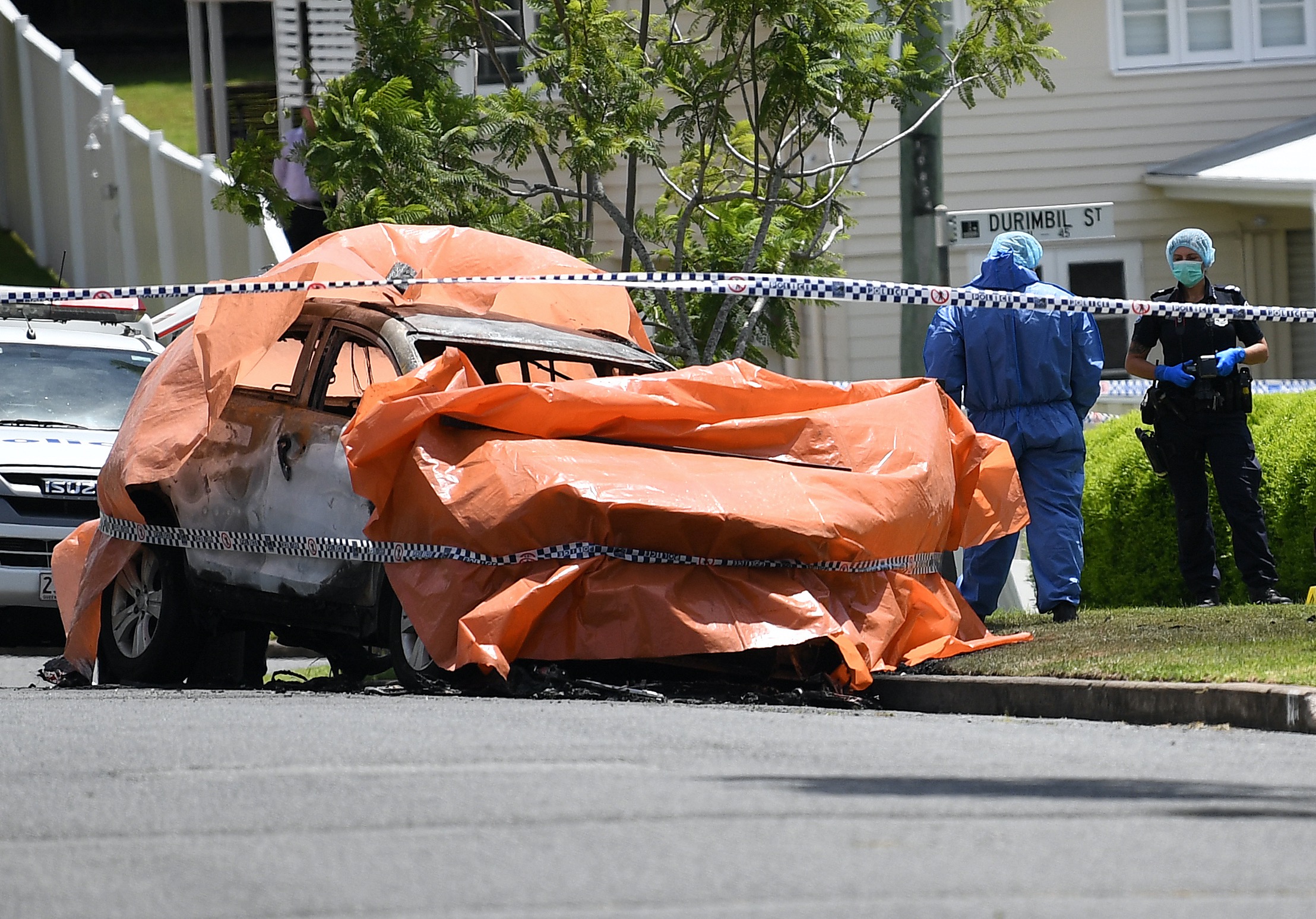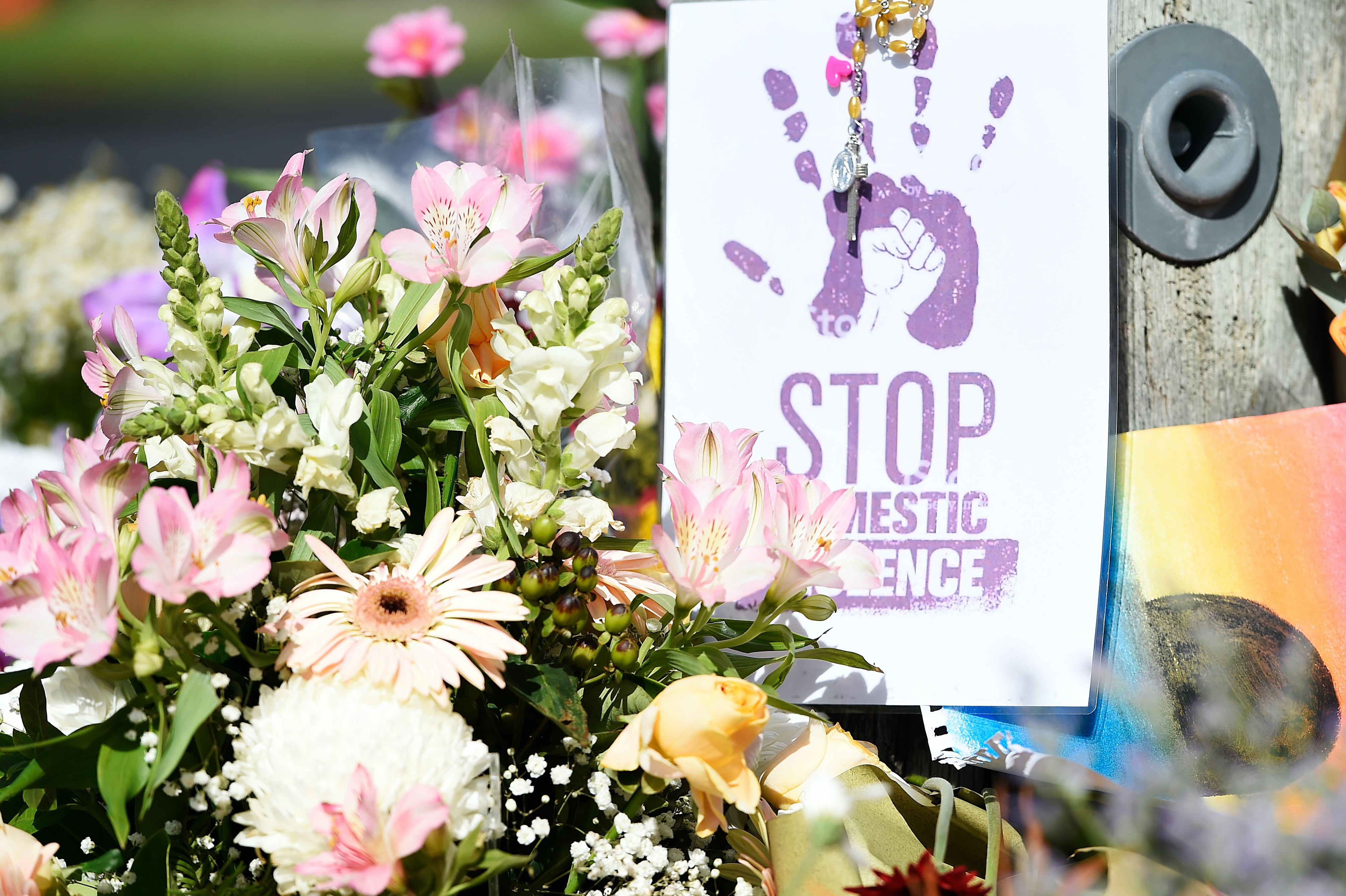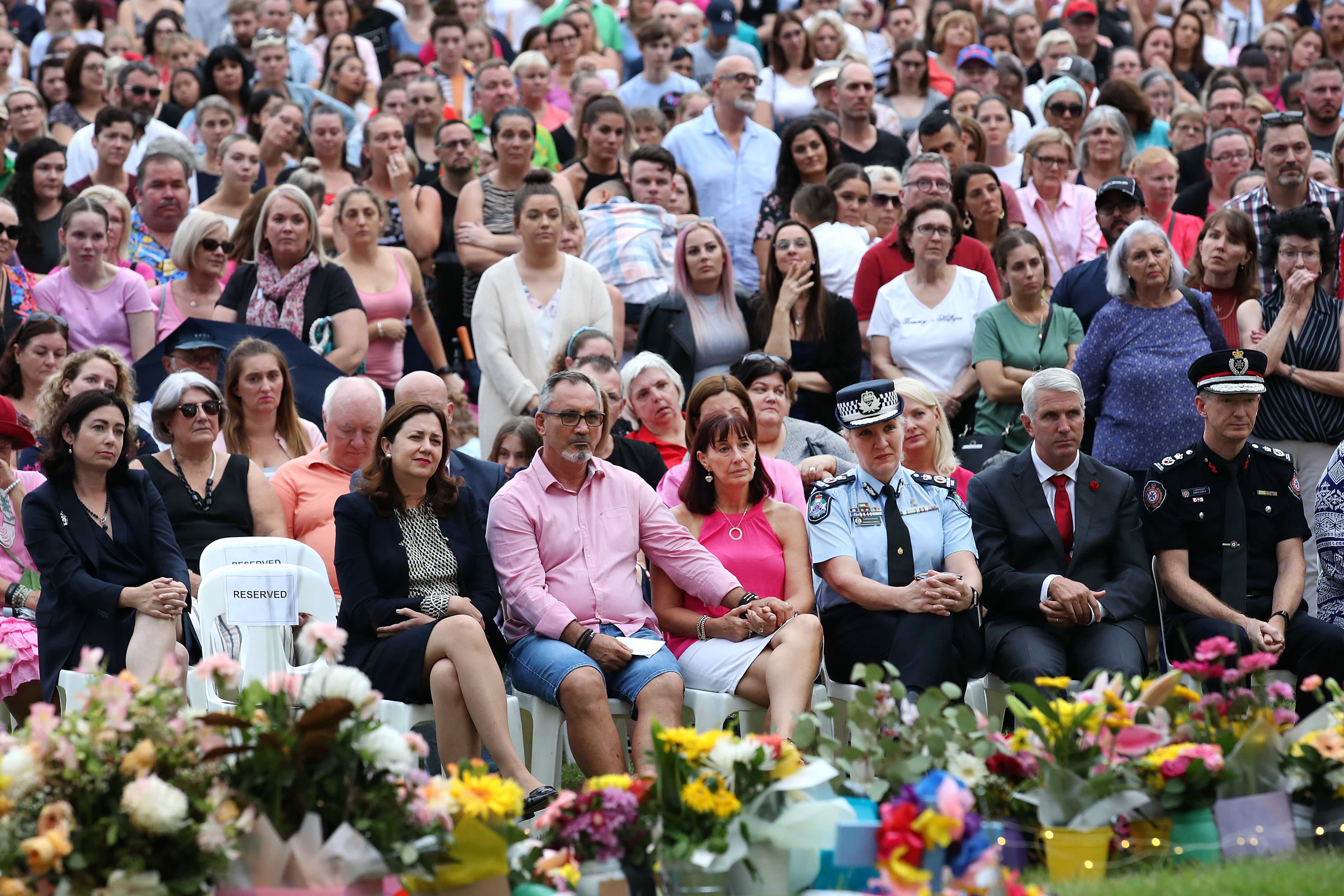
Politics & Society
Vulnerable women trapped by changes to bail laws

The legal presumption of shared care is the starting point for childcare arrangements both informally and through the courts. This presumption is putting women and children in ongoing danger of violence and abuse. The law needs to change
Published 4 March 2020
In the Bible story, King Solomon has to make a judgement about who to believe in a case of two women claiming to be the mother of the same child. He suggests that the baby be cut in two.
The horror on the face of the real mother at this barbarous idea is enough to provide the King with all the proof he needs to decide who is telling the truth.

Sadly, cases of separation and child residency aren’t at all straightforward.
While not physically carved up, we see children being expected to split their lives in half between their parents. Women often leave violent and abusive men to protect their children but are then ‘forced’ through personal, legal and community pressure to ensure these same abusive fathers are granted extensive time with their children.
The instincts of a mother may be to protect their children from these violent and abusive fathers, but courts seldom listen to a mother’s instincts.

Politics & Society
Vulnerable women trapped by changes to bail laws
Only three per cent of Federal Family Court orders result in the father not being granted some access.
It is now emerging that in the case of the recent murders of Hannah Clarke and her three children by the father Rowan Baxter, that post-separation childcare arrangements were being informally negotiated between the estranged parents.
Clarke had agreed to Baxter having 165 days of annual contact, including three days one week and four days the next. However, Baxter was insisting on dividing the children in a 50-50 split and was enraged that he couldn’t get his way.
His breaching of an intervention order placed all arrangements on hold for a period of time. The experience of women is that there will almost always be a contested return to court, particularly on the first breach.
Friends counselled him that this proposal for contact arrangements was a great offer.
This might have been a great offer for Baxter. But what about the children?

No-one was a more unsuitable parent than Baxter – a man prepared to murder all his children and their mother when he couldn’t get his way. Can you imagine the nightmare of this arrangement for all the children and their mother had they survived?
Fifty-fifty time share arrangements work for a small group of families that live close by and where both parents have a co-operative ability to share parenting post-separation.
They don’t work when the share arrangements are a catalyst for ongoing abuse and violence.

Health & Medicine
The children left behind by domestic homicide
Almost 40 per cent of police callouts to domestic violence incidents involve post-separation violence – often in the context of childcare arrangements that ensure ongoing contact between the parents.
These calls to the police for help can end tragically in the murder of the child’s parent, usually the mother or stepmother. As in the case of Clarke, sometimes they include the murder of children and/or the suicide of the father.
My colleague Associate Professor Eva Alisic’s research found that between 2000 and 2019, an estimated 1038 Australian children were bereaved by domestic homicide.
In the majority of these cases, the child’s mother was murdered, and women had either left or were in the process of leaving their partner.

Children are caught in this inadequate system.
Their mothers, like Clarke, are expected to leave violent and abusive men ‘for the sake of the children’, if not for their own sake, but to then agree to sharing arrangements.
The evidence that living with domestic violence is harmful and dangerous to children is consistent and overwhelming. The younger the children, the greater the impact on their emotional, physical and psychological development.

Health & Medicine
A community acting against family violence
Much violence, abuse and control starts during pregnancy and continues. As in the case of Baxter, there may have also been reproductive coercion where, for example, her family report that Clarke wasn’t allowed to use contraception.
So overwhelming is the evidence of abuse in pregnancy, that maternal and child health workers are now expected to ask every woman about whether she is fearful in her relationship.
Once women are separated, there is some notion that children will magically be safe and nurtured by domestically violent fathers.
This is a massive disconnect in our understanding of domestic violence, now writ large in the case of Rowan Baxter.
Rosie Batty, whose courageous work aiming to end violence against women and children earned her the 2015 Australian of the Year award, speaks publicly about her despair at being unable to manage the pain of the thousands of women in the Family Law System who are unable to stay safe and protect their children.

Like Rowan Baxter, some of the most vengeful perpetrators use the system to continue to control and abuse – sometimes through the court and legal system, other times informally.
As a society, it seems that we have indeed lost ‘the wisdom of Solomon’.
Children are being divided up and sent off to fathers who believe they are entitled to extensive time with their children regardless of their abuse history. Women actually have more chance of leaving a violent and abusive relationship than their children do.

Health & Medicine
Supporting men to end family violence
As a result we see the suffering, the abuse and the violence continuing into the next generation.
Many children stand up against violence in their adult lives. However, we also know that many domestically violent men have grown up with violent and abusive fathers.
The time is now right for the removal of the presumption of shared care from the Family Law Act – every day it is placing in danger women and children trying to escape violence.
It is time to take stock and use the tragedy of Hannah Clarke and her children to recalibrate our decision-making, and to think more sensibly and protectively about the post-separation arrangements for children.
Banner: Mourners hug at a makeshift shrine for Hannah Clarke and her three children who were murdered by her estranged husband/AAP